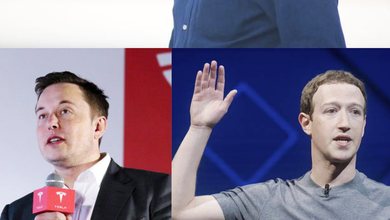
Data shows that companies are making huge profits because of AI — and they are laying off most of their employees. AI is not creating jobs. It is erasing them.
The early promise of artificial intelligence as a revolutionary force for good is being overshadowed by its real-world impact on work — and for many, that's devastating.
The U.S. jobs report for July confirms what workers across industries are already experiencing: Finding decent work is getting harder. With just 73,000 nonfarm jobs added and service sectors shrinking even at chains like Starbucks and Costco, the once-rockets of stability in the labor market are crumbling.
From tech veterans now living in caravans to recent graduates who can't find work as baristas, the trend is clear: AI is accelerating job losses, and the burden is falling directly on workers.
Meanwhile, corporations — which are facing pressure to justify massive investments in AI despite uncertain returns — are turning to mass layoffs to increase "revenue per employee."
Companies like Microsoft are shedding jobs and posting record profits, and Wall Street is rewarding them for it. This is not technological progress; it is a redistribution of power and resources from workers to executives and shareholders. Without strong social safety nets like universal health care or guaranteed housing, being laid off in 2025 is more than an economic concern — it is a personal crisis. As AI deepens inequality and takes away livelihoods, we must confront the uncomfortable question: Is this the future we are choosing?






















